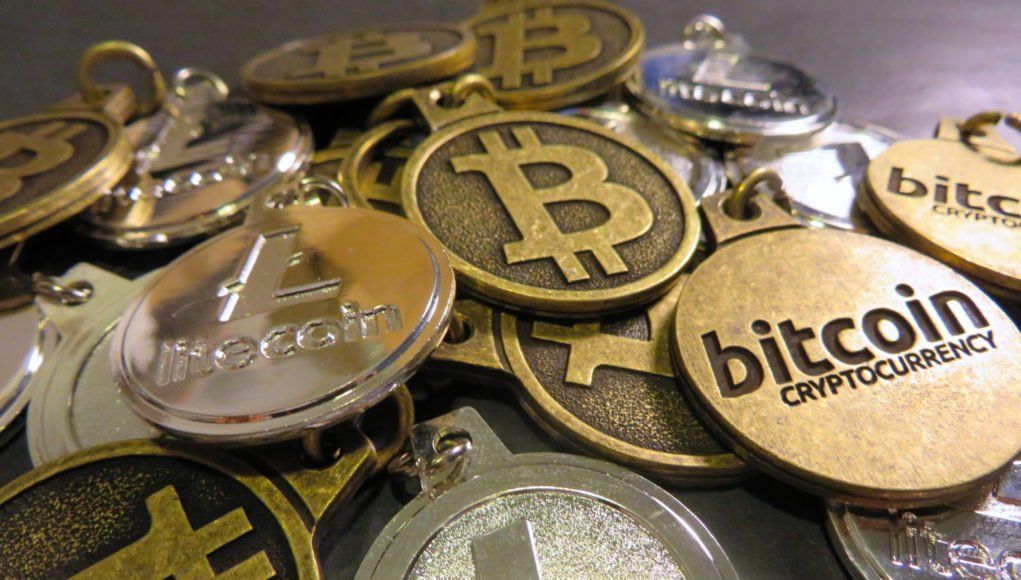Crypto-Currency
Jun 24, 2019 • 36 views

Today cryptocurrencies have become a "buzzword" globally but still many companies, people & banks are not aware of its importance.
What is a cryptocurrency
Cryptocurrency is an encrypted decentralized digital currency transferred between people and confirmed in a public ledger by a phenomenon known as mining. In other words, it is a digital asset that has been created to act as a medium of exchange, like cash. Cryptography is used to ensure the security of transactions. Cryptocurrencies are generated by a network of computers which are run by a software called blockchain.
Some important cryptocurrencies are
Bitcoins
Litecoin
Namecoin
Swiftcoin
Bytecoin
Gridcoin
Among these, Bitcoin is one of the many cryptocurrencies which have gained popularity worldwide. Bitcoin gained attention when a massive global ransomware attack "WannaCry" hit systems in 100 countries & cyber criminals wanted an amount of $300 in crypto-currencies like bitcoin for unlocking affected devices.
Warren Buffet, the billionaire regarded Bitcoin as a 'real bubble' & said that its value can't be estimated as it is not a value -producing asset.
Bitcoin saw its value trading from $10,000 (about ₹6.43 lakh) per bitcoin, up by about 900% from its value on January 1, 2017.
How it all started
The origin of Bitcoin is vague. A person or a group of people by the name of Satoshi Nakamoto conceptualized this accounting system in the aftermath of the 2008 financial crisis. Nakamoto printed a paper about a peer-to-peer electronic cash system, which would “permit online transactions to be done directly from one person to another eliminating the need to go through a financial institution”.
Regulations
Bitcoin has been declared illegal in some countries like Nepal, Bangladesh but many countries are yet to take a stand on it. In December 2013, RBI issued a warning to sensitize people about security-related risks of using Bitcoins. Bitcoins are currently unregulated in India. You can buy and sell cryptocurrencies on online exchanges but you can’t use them to pay for goods and services within the country.
Pros and cons
Irrespective of traditional hurdles like national borders and banking regulations, bitcoins can be sent & received from any corner of the world.
By making everything public, bitcoin ends the requirement of a middleman. It is cryptographically secure, hence no scope for manipulation.
But acceptance & no backing by the government is the biggest hurdle in the way ahead. However, many big business units like Dell & Microsoft have accepted bitcoins but yet a lot is on its way.
The exchanges are located worldwide, making law enforcement a tricky & difficult thing. Since the cryptocurrencies can easily be used for illegal activities anonymously, it may subject the user to illegal activities. Digital currencies, being in electronic format, are subjected to losses arising out of hacking, loss of password etc.

The cryptocurrencies have emerged as a new avatar to traditional means of raising funds globally. Although it is quite beneficial the risks & threats associated with it needs to be tackled before granting it legal validation. The Indian government requires to take a step in this regard because:
“No power on earth can stop an idea whose time has come."
